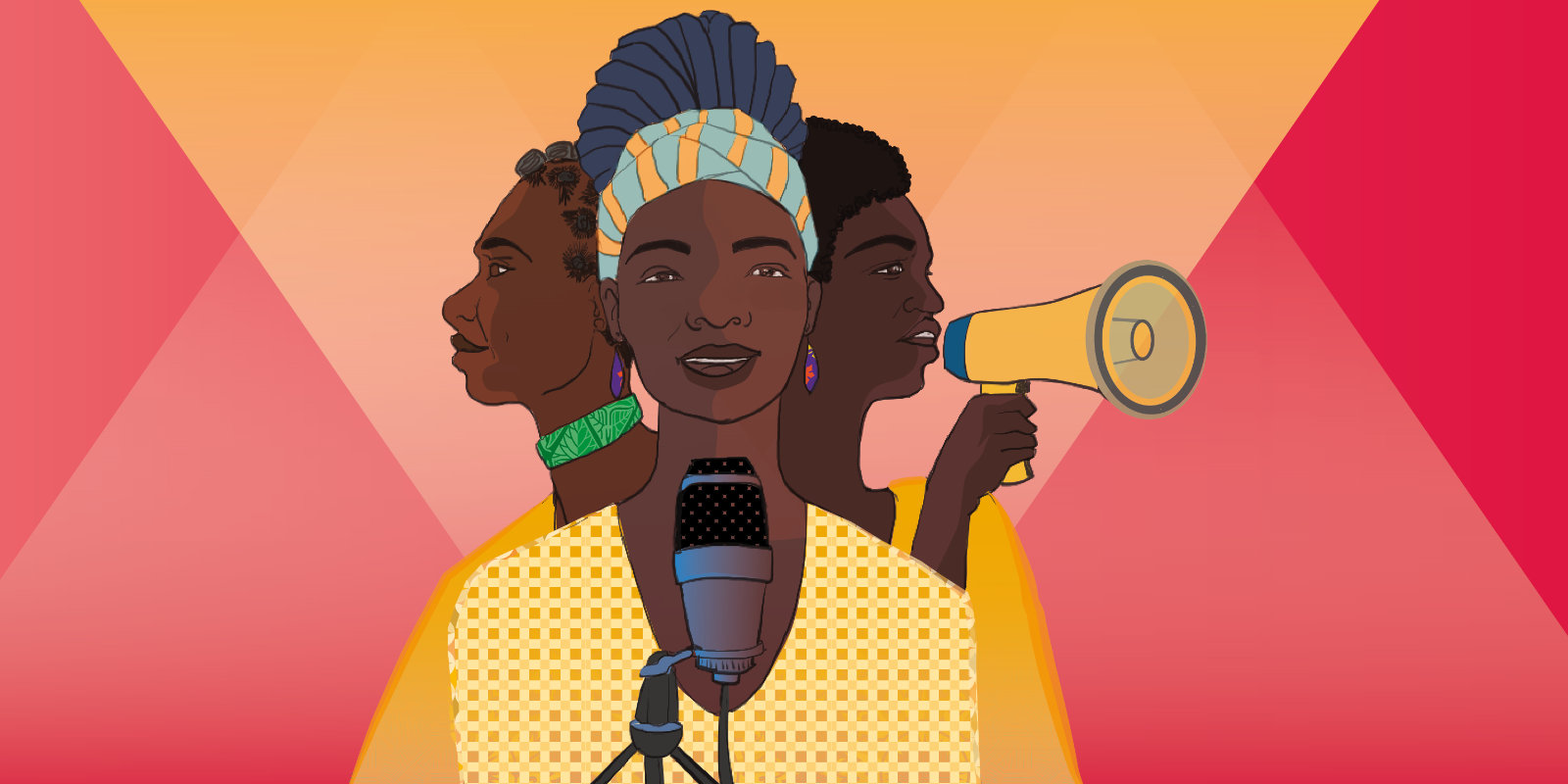It’s been over three years now since the proposed Anti-Gender-Based Violence Bill was submitted to the National Ministry of Justice and Constitutional Affairs. A month ago, The Ma’Mara Sakit Village community of young women and girls launched a campaign – #WhereIsTheAntiGBVBill? to reignite the bill lying redundant somewhere on the tables of the policymakers. This campaign aims to raise awareness of the draft bill and engage the Ministry of Justice and Constitutional Affairs, the Ministry of Gender, Child and Social Welfare, and the National Legislative Assembly to finalize the formulation of the bill and pass it. This bill is critical to protect women and girls in South Sudan.
In 2019, the government of South Sudan, through the Ministry of Gender, Child, and Social Welfare, conducted nationwide research on the prevalence of GBV in the country. Statistics report that over 53% of women and girls experience Gender-based violence, mainly Intimate Partner Violence (IPV), which accounts for 51%. With economic and psychological partner violence included, the IPV prevalence in South Sudan is 72%. This means that girls and women are unsafe in their homes, neighborhoods, communities, learning institutions, streets, and literally everywhere.
This is a big issue that needs urgent intervention by policy institutions. The draft bill harmonizes GBV laws and, most importantly, removes the contradictions between customary and statutory laws; it outlaws and regulates harmful customary and traditional practices. It is high time the Ministry of Justice and Constitutional Affairs finalize the draft bill and submit it to the parliament for further action. How much more lives of girls and women must we lose before legal and sustainable steps are taken to protect them?
On 7 June, South Sudan became the 44th AU member state to ratify the Maputo Protocol; in other words, South Sudan declared its willingness to be bound by the international treaty on the Rights of Women in Africa. The articles in Maputo include the elimination of discrimination against women, the right to dignity, the elimination of harmful practices, separation, divorce, annulment of marriage, the right to inheritance, the Widow’s rights, and others. These articles complement critical elements in the Anti-GBV draft bill.
However, it is one thing to ratify (accept and sign) and another to domesticate (implement). This is a big task to both the Ministry of Gender, Child and Social Welfare and the Ministry of Justice and Constitutional Affairs to fast-track the Anti-GBV draft bill and table it before the parliament, let the ratification be ‘walking the talk’ for the women and girls of South Sudan.
#WhereIsTheAntiGBVBill? Can you take it to the parliament already?
By Paska Nyaboth


